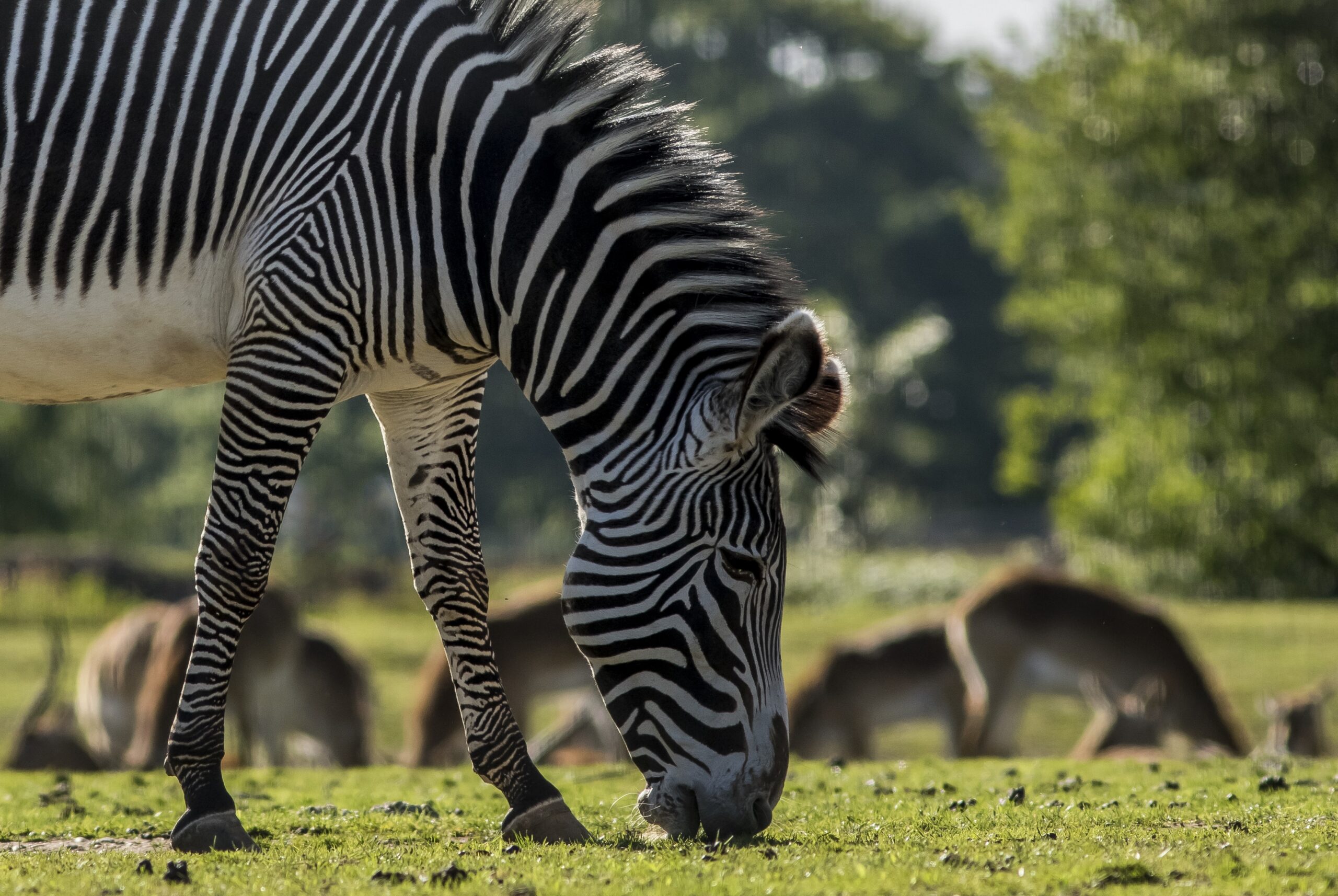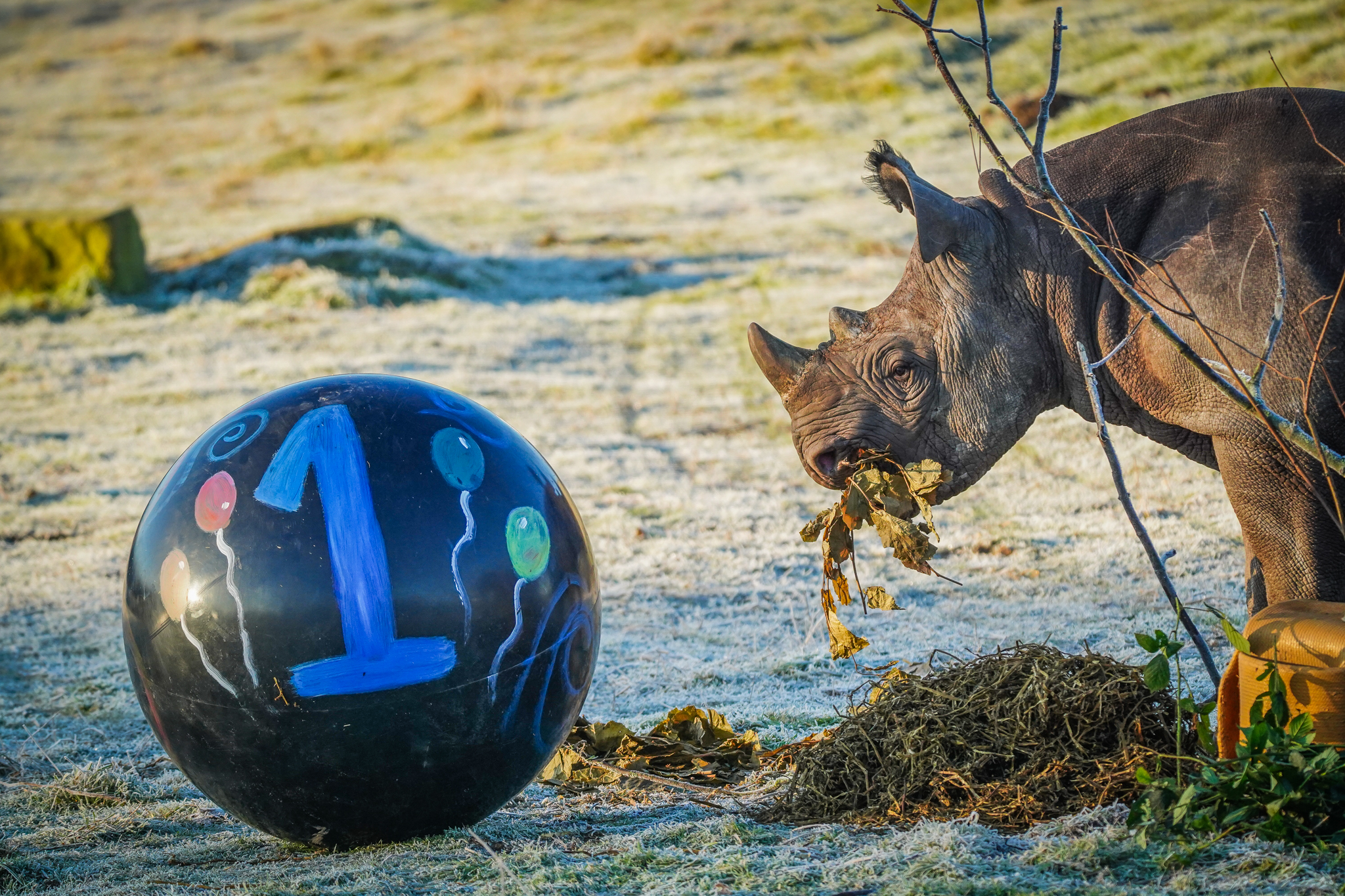Yorkshire Wildlife Park’s partner charity Polar Bears International (PBI) offers the most current and pioneering research into the Hudson Bay polar bears, this Polar Bear Week.
One of the nineteen different polar bear populations across the Arctic resides in Western Hudson Bay, near Churchill in Manitoba. The Hudson Bay polar bears are just one of the populations in decline due to the rapidly changing sea ice conditions.
This particular population has experienced a 30% decrease since 1987. Back then, polar bear numbers totalled 1,185 but this dropped to only 806 in 2011. This drop is primarily due to the prolonged ice-free periods caused by increasing temperatures. The ice-free periods force the polar bears to use up their limited fat reserves. After all, polar bears can burn through up to 1kg of body mass per day. The lack of stable ice means hunting grounds disappear in turn proving detrimental to the population’s survival. At this point in time ‘ice break up’ and ‘freeze up’ is delayed on average by six days either side.
This delay is having effects on other aspects of the polar bears’ lives, such as their ability to reproduce. Research has shown fewer successful pregnancies, as well as increasing mortality amongst young cubs and older polar bears. This means the whole polar bear population is slowly ageing which will eventually lead to a sudden decline in numbers. That said it’s hard to determine whether this is currently happening to the Hudson Bay polar bears, as population monitoring is a complex procedure with many other factors affecting it.
Polar bears vs humans?
One of the factors is the interference of humans with polar bears… or rather the interference of polar bears with humans. As the ice-free periods become extended more and more, polar bears are finding themselves in conflicts with people due to the increased time they’re spending on land. Last summer two people were killed in Hudson Bay by polar bears, an extremely unusual situation but unfortunately becoming more common.
The polar bears’ future
Hope for the polar bears’ future is not over yet! An odd quirk of climate has slowed the predicted population decline of the Hudson Bay polar bears. The polar vortex has brought extra cool weather to the Hudson Bay area, increasing the thickness and therefore stability of the sea ice. The thicker the ice, the longer it takes to melt of course! This won’t solve the Hudson Bay polar bear issue but it does add complexity to their story.
All factors included, Andrew E. Derocher, Professor from the Department of Biological Sciences at the University of Alberta, concludes that we have every reason to believe the polar bears species will persist to the end of the century. They might no longer reside in Hudson Bay but at least there is a vision for the future of the Arctic, which includes these marvellous creatures.











